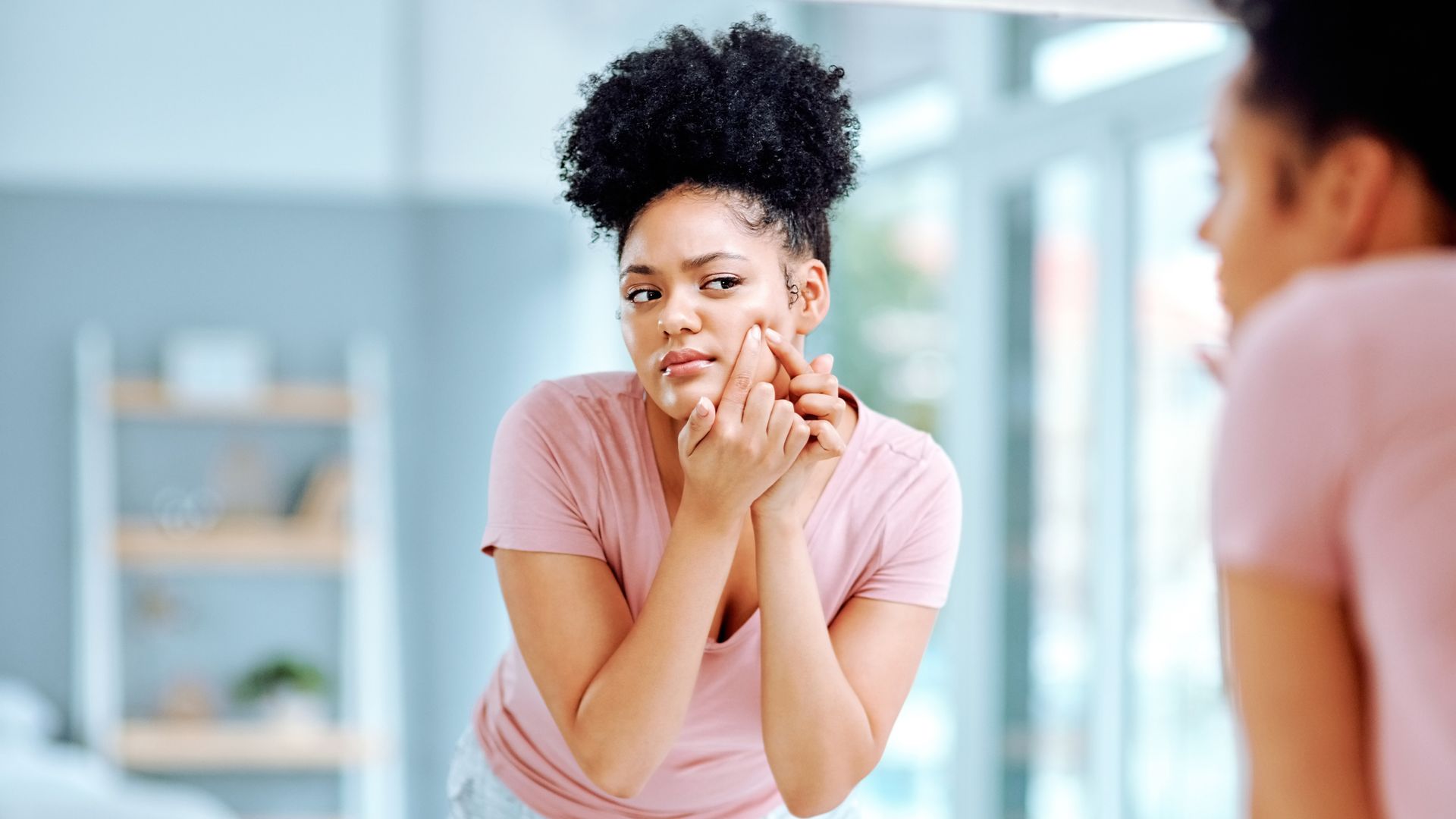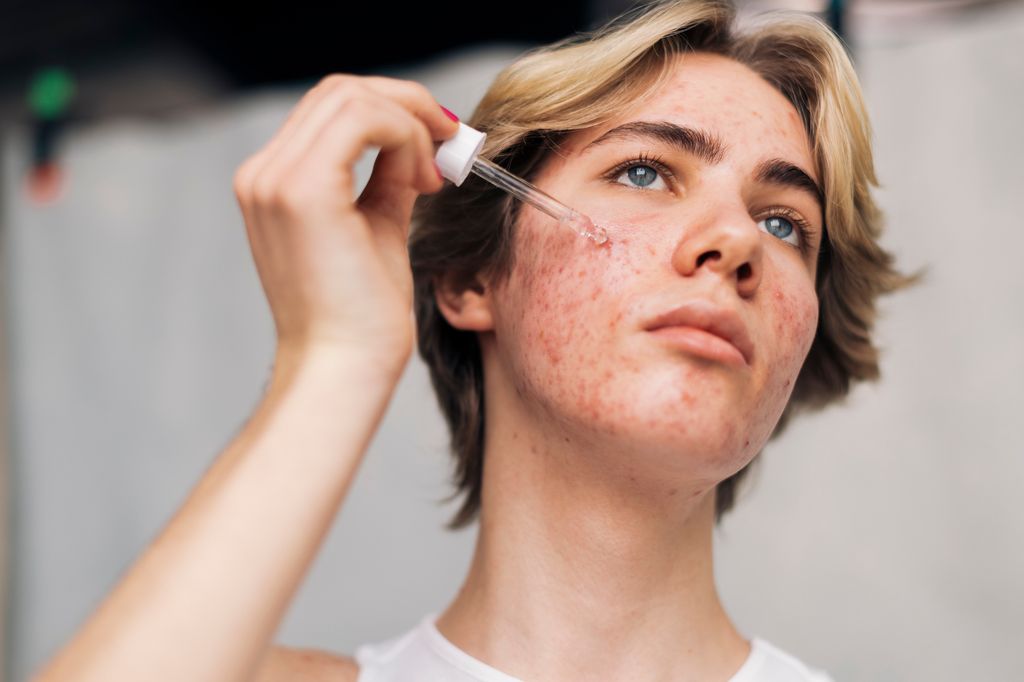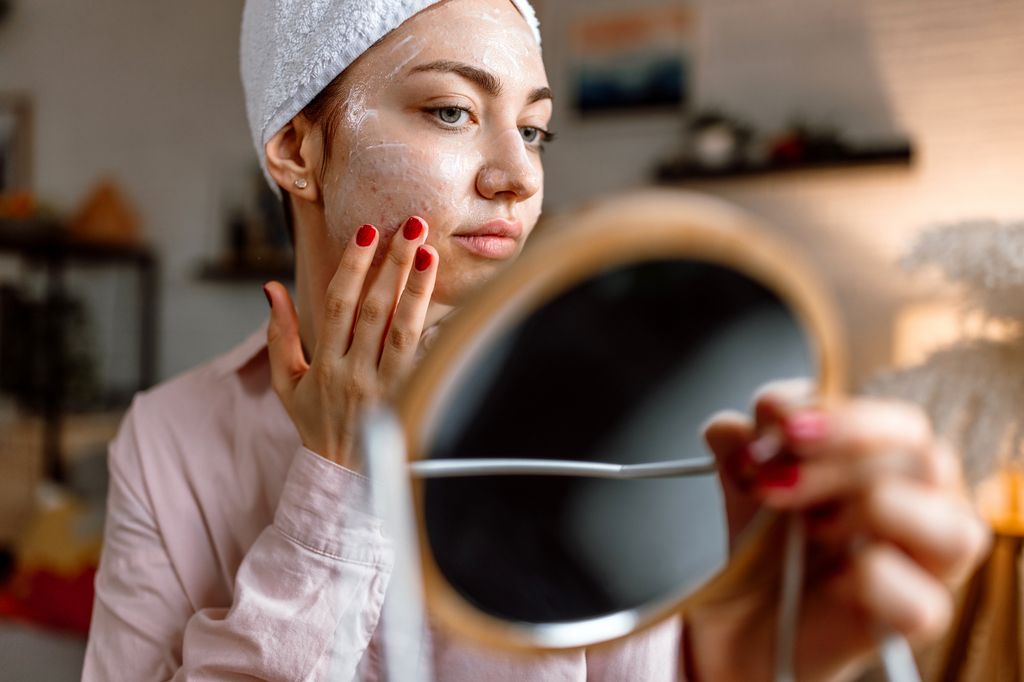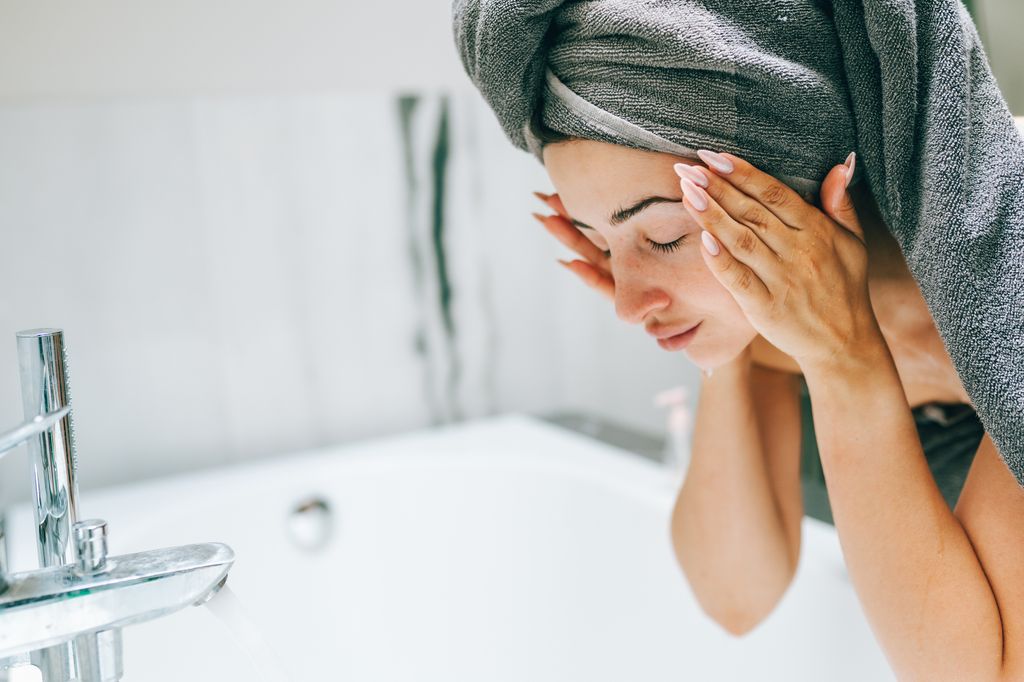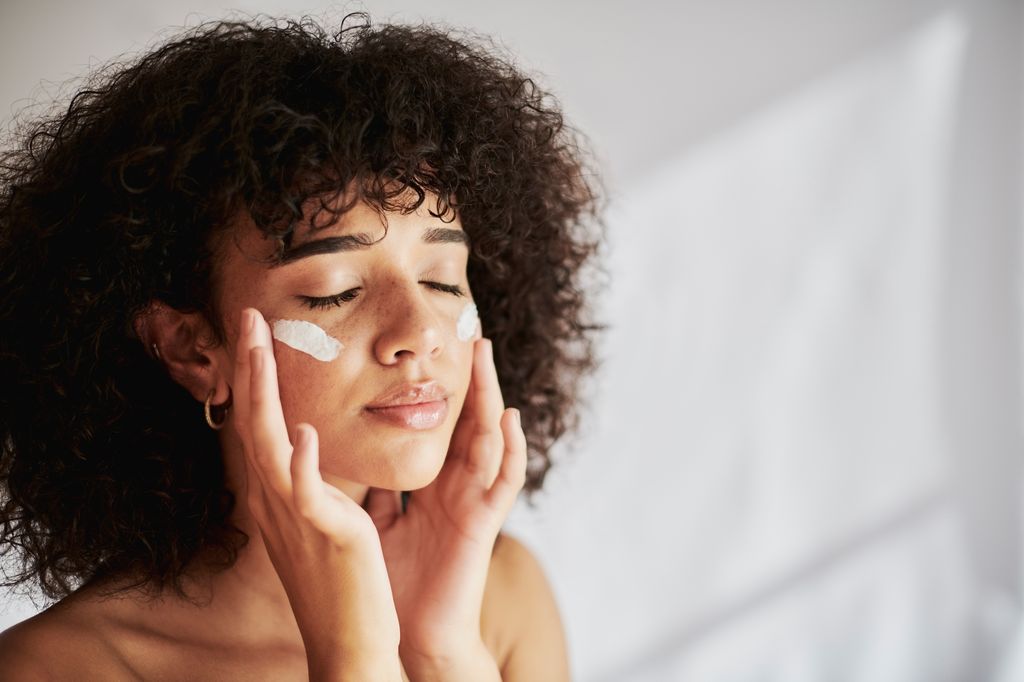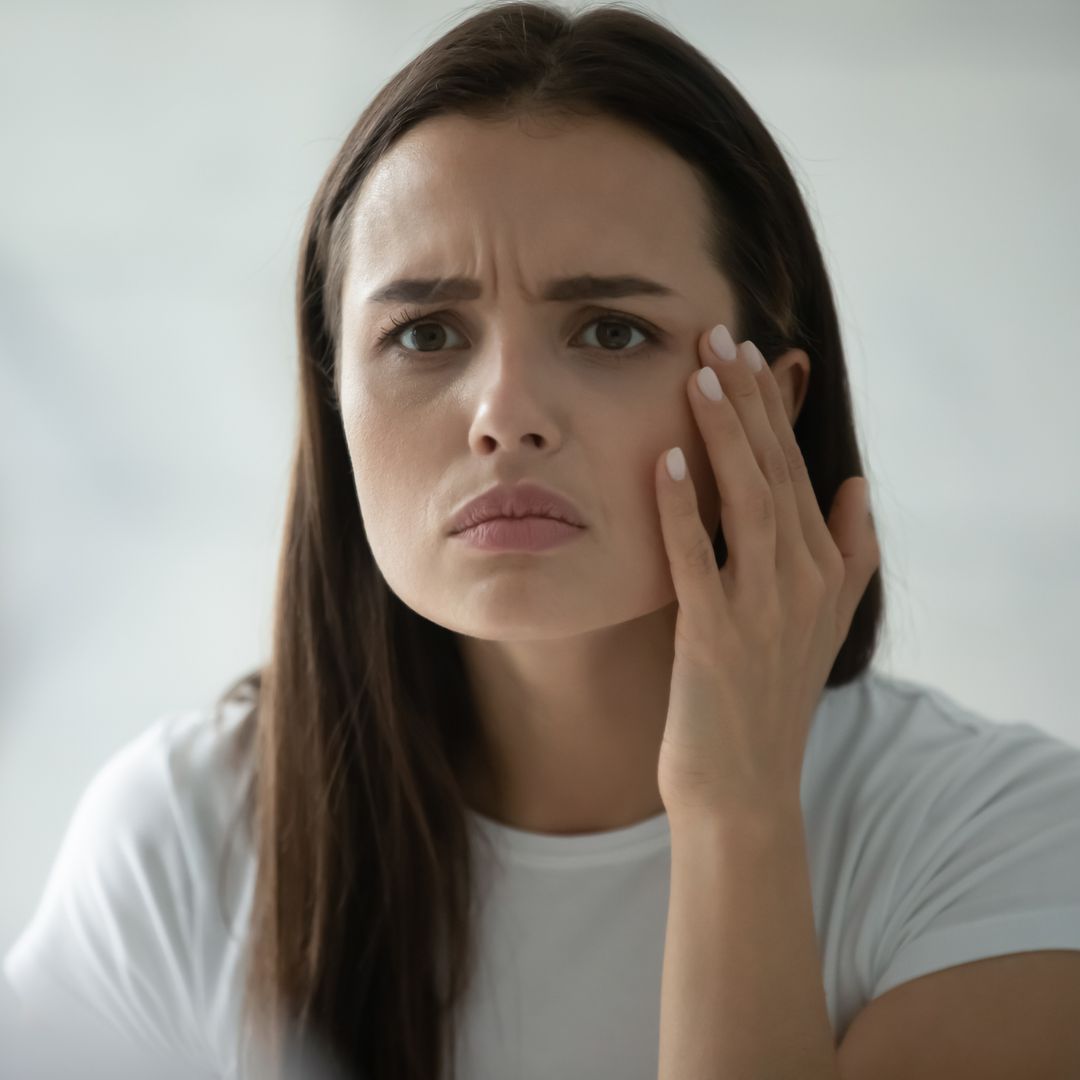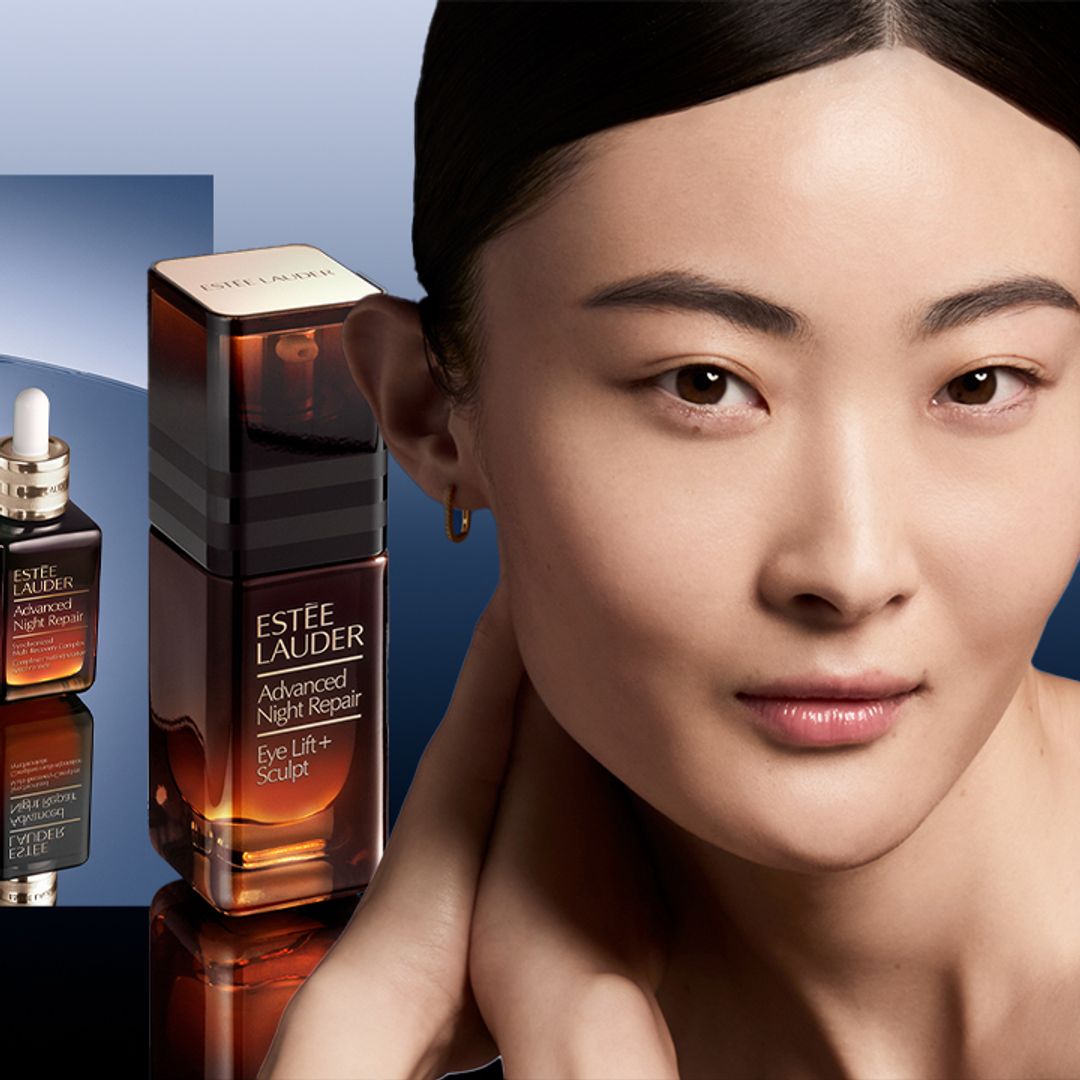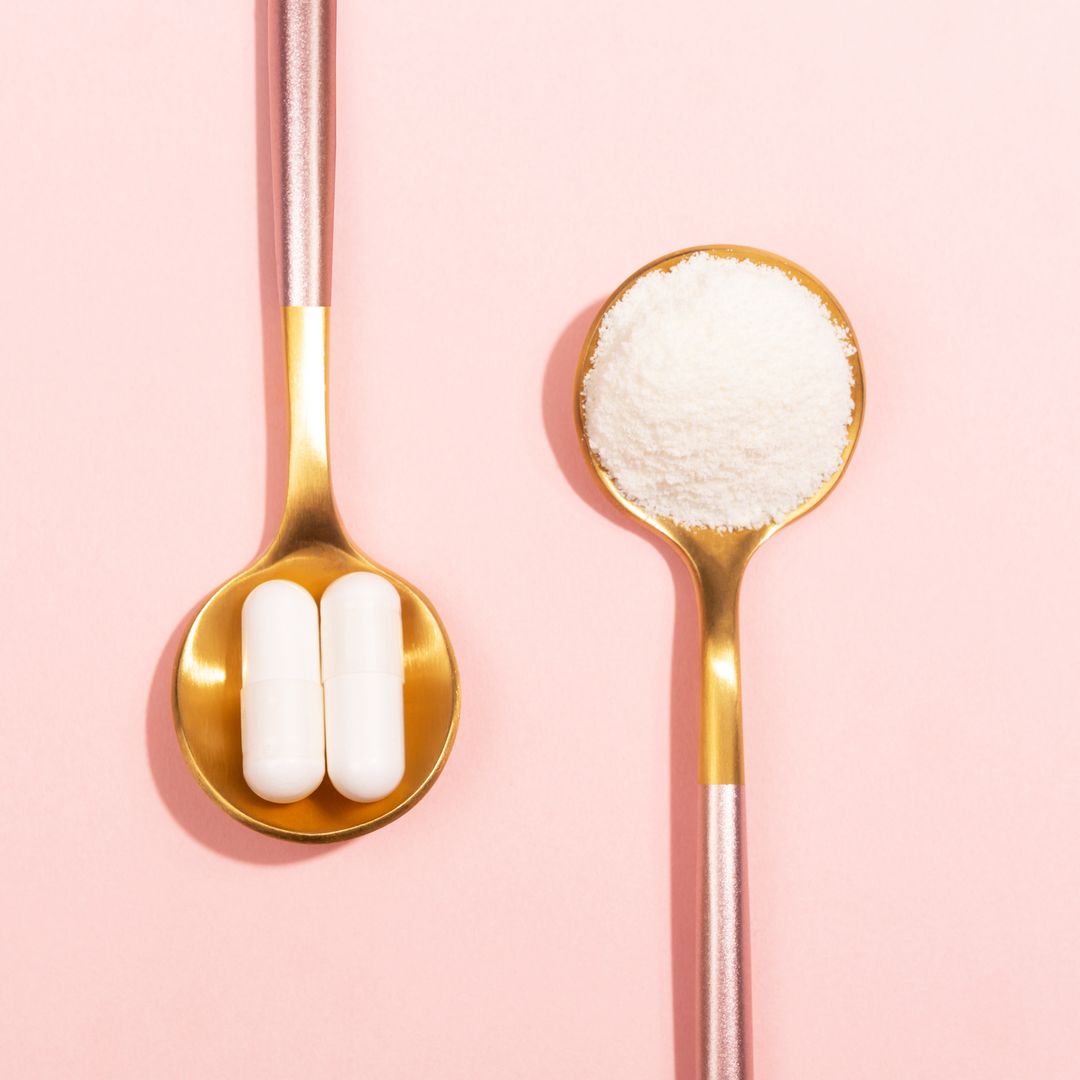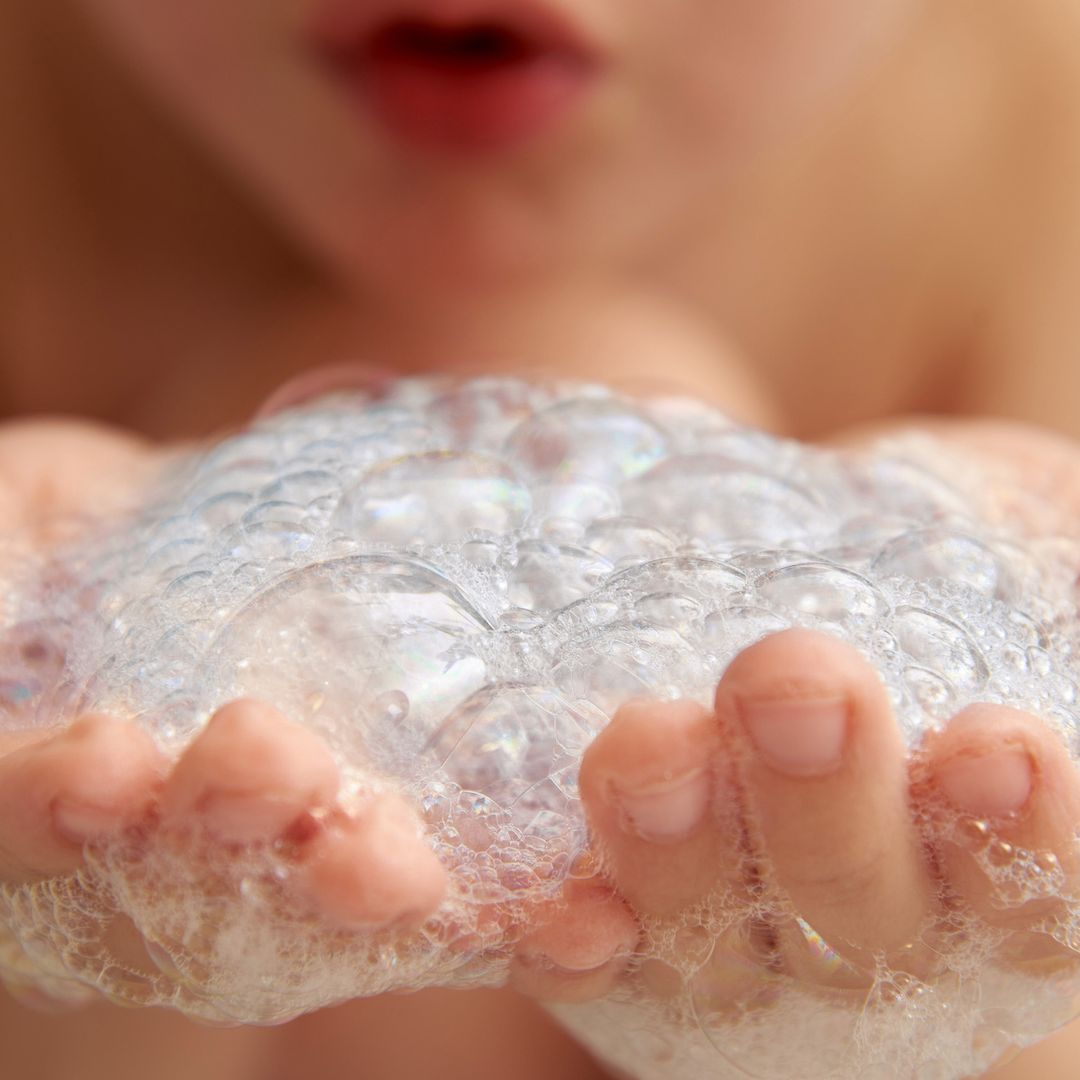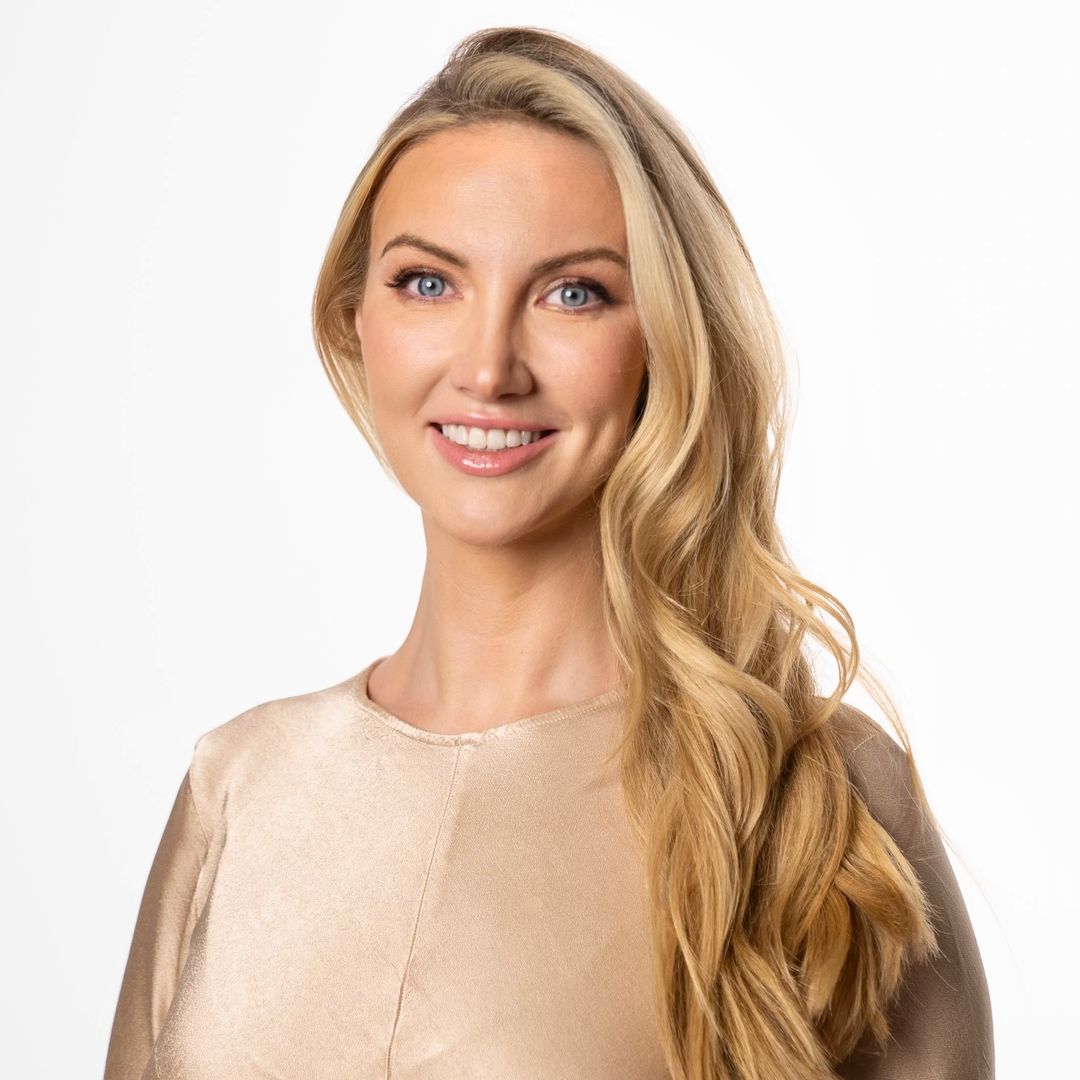Suffering from problem skin is something many associate with youth, juggling hormones, body changes and the usual dramas a teenager can often face. But, speaking from experience, I'm here to tell you it can continue well into adulthood. And I'm not alone, many people continue to deal with breakouts beyond their younger years and regularly fight the battle known as 'adult acne'. While genetics and hormones play a large part, of course, there are things that we can do to mitigate the symptoms.
Dr Pallavi Gupta, a consultant dermatologist at Experts in Skin & Hair, with over 15 years of experience, spoke to HELLO! about why we get adult acne, and explained that there are daily habits that many of us might have picked up that are making our skin suffer even more.
What is adult acne, and why do we get it?
Firstly, we need to understand what adult acne is. Like acne in youth, adult acne is a skin condition characterised by blackheads, whiteheads, papules, pustules, and cysts on the skin that occur beyond the age of 25. It's frequently linked to hormonal fluctuations, stress, diet and also oil production, clogged pores and inflammation. If someone suffers from acne in their teenage years, it doesn't necessarily mean they will get adult acne, and vice versa; adult acne can occur over the age of 25, even if you didn't suffer as a teen.
Dr Pallavi Gupta told HELLO!: "Adult acne develops for a variety of reasons. Hormonal fluctuations can be a common driver, particularly around the menstrual cycle, during pregnancy, in menopause, or in women with conditions such as PCOS. A family history of acne also increases the likelihood of developing it later in life. So, genetics does play an important role."
She adds: "Hormonal acne develops when hormonal changes increase the amount of oil your skin produces. This oil interacts with bacteria on the pores of your skin, where hair grows and results in breakouts. Stress, poor sleep, a diet rich in ultra-processed foods and sugar are also contributors, as they increase cortisol levels and inflammation, and can worsen acne."
What daily habits worsen adult acne?
As Dr Pallavi mentioned, our lifestyle factors, such as our sleep schedule and diet, contribute to our adult acne. But if you are, generally, sleeping and eating well, you might be wondering why your bad skin persists.
Dr Pallavi explains that there are habits that many start to incorporate in their everyday lives that unknowingly make adult acne worse. "While adult acne can be a sign of hormonal changes – which are more common in women – it often stems from everyday routines that damage your skin's barrier or your pores.
"Some examples of this include not removing makeup properly, allowing product and bacteria to build up and block follicles; over-cleansing, which strips protective oils and prompts the skin to overproduce sebum, and using harsh scrubs or rough towels, which inflames skin. All of these can worsen breakouts and lead to acne in adulthood."
Dr Pallavi also says that it's important we consider what comes into contact with our face. Consistently touching our face is a good way to spread bacteria, but it's also wise to think about our dirty phone screens and even our pillowcases, both of which harbour bacteria that can be transferred onto our faces and worsen our acne. "While acne on the face, or acne vulgaris, is more common, acne can appear anywhere on the body. Acne mechanica is caused by friction, pressure or rubbing from things such as tight clothing."
How can we break these habits to prevent adult acne?
Fortunately, there are simple ways we can help reduce acne flare-ups. Dr Pallavi advises always making sure you cleanse twice a day to maintain your skin's balance without stripping essential oils. She also advises always removing makeup properly each day, adding: "Treat the skin with care by using your hands or a soft cloth rather than harsh scrubbing, which helps to prevent inflammation. Washing pillowcases and phone screens clean every few days and avoiding touching your face throughout the day reduces bacteria transfer."
What products should we be using?
Everyone is different, and what works for some might not work for others. I wrote an article last year about my love for niacinamide and how it works wonders for my problem skin, and it seems Dr Pallavi agrees this is a product to go for: "Niacinamide works well to calm redness, regulate oil production, and strengthen the skin barrier, while a lightweight, non-comedogenic moisturiser keeps hydration levels steady without clogging pores."
She added: "Salicylic acid is especially effective because it exfoliates inside pores and reduces blockages. Retinoids and prescription Tretinoin are other proven options as they speed up cell turnover and help to prevent new breakouts."
Dr Anna Andrienko, Aesthetics Doctor and Dermatologist at Dr Ducu Clinics, adds: "Always remove make-up before bed, switch to non-comedogenic products, and keep skincare routines simple and gentle. Managing stress through exercise or mindfulness, and getting regular sleep, also has a positive effect on the skin. Hydration should not be overlooked either. Many people with acne dry their skin out too much, which actually worsens the problem. The right balance is key, and a tailored plan with a dermatologist often makes the biggest difference."
